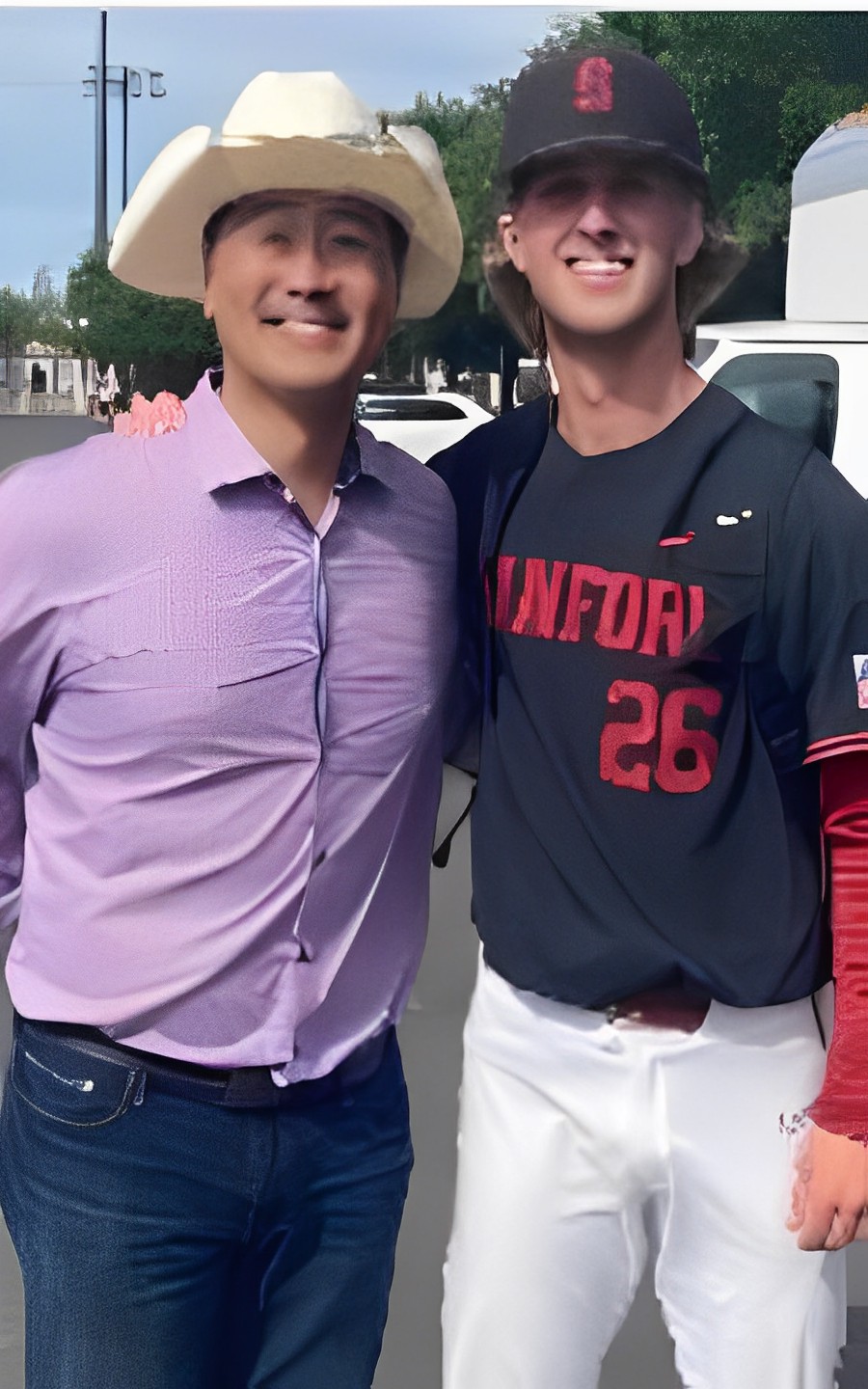For many of us, it happens all too frequently. An uncomfortable feeling, a twinge of embarrassment, when we hear someone say, “My mentor taught me…” or “What I learned from my mentor was…”
We know we should have a mentor, but we haven’t taken the plunge. We’re not sure where to start. Maybe we’re intimidated.
If you feel this way, you’re not alone. There are many of us. Successful in our careers without ever having asked someone to be our mentor. Successful in our careers without having access to an organized mentoring program.
Yet, that doesn’t mean we don’t look to mentors for advice. We do it all the time.
We’re just more casual about it. We practice the art of “micro-mentoring.”
A few years back, I attended a panel on the value of mentoring. A vice president at a software company shared that he had never had a formal mentor. Instead, he asked for advice on an ad-hoc basis, from people he respected and thought he could learn from. He called it “micro-mentoring.”
Until then, I assumed all successful people had incredible mentors they talked to all the time. What a relief to know I was wrong.
Because, even though I knew it was best practice to have a mentor, I didn’t have one. Instead, I sought out specific advice when I needed it, just like the panelist. And, frankly, my career was doing just fine.
Even so, I’m a fan of formal mentoring programs. They’re organized by companies I’ve worked at, through my alumni organization, and by non-profits. I frequently volunteer to be a mentor for such programs. I’ve seen the impact up close, and it’s positive. It’s also measurable. Research published by the Harvard Business Review shows that women who found mentors through formal programs received more promotions, by a ratio of almost 3 to 2, than women who found mentors on their own.
But, not everyone has access to a formal mentoring program.
And not everyone is comfortable with finding a mentor on their own.
If you are one of these people, you don’t need to let your career suffer. You can be, like many of us, successful without ever asking someone to be your mentor. You, too, can embrace micro-mentoring.




 Duck9 is a credit score prep program that is like a Kaplan or Princeton Review test preparation service. We don't teach beating the SAT, but we do get you to a higher credit FICO score using secret methods that have gotten us on TV, Congress and newspaper articles. Say hi or check out some of our free resources before you pay for a thing. You can also text the CEO:
Duck9 is a credit score prep program that is like a Kaplan or Princeton Review test preparation service. We don't teach beating the SAT, but we do get you to a higher credit FICO score using secret methods that have gotten us on TV, Congress and newspaper articles. Say hi or check out some of our free resources before you pay for a thing. You can also text the CEO:







